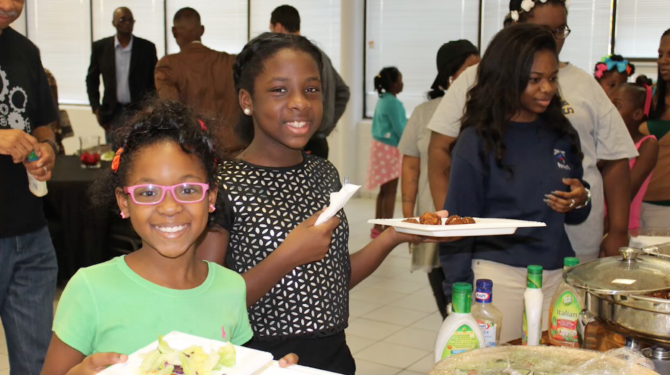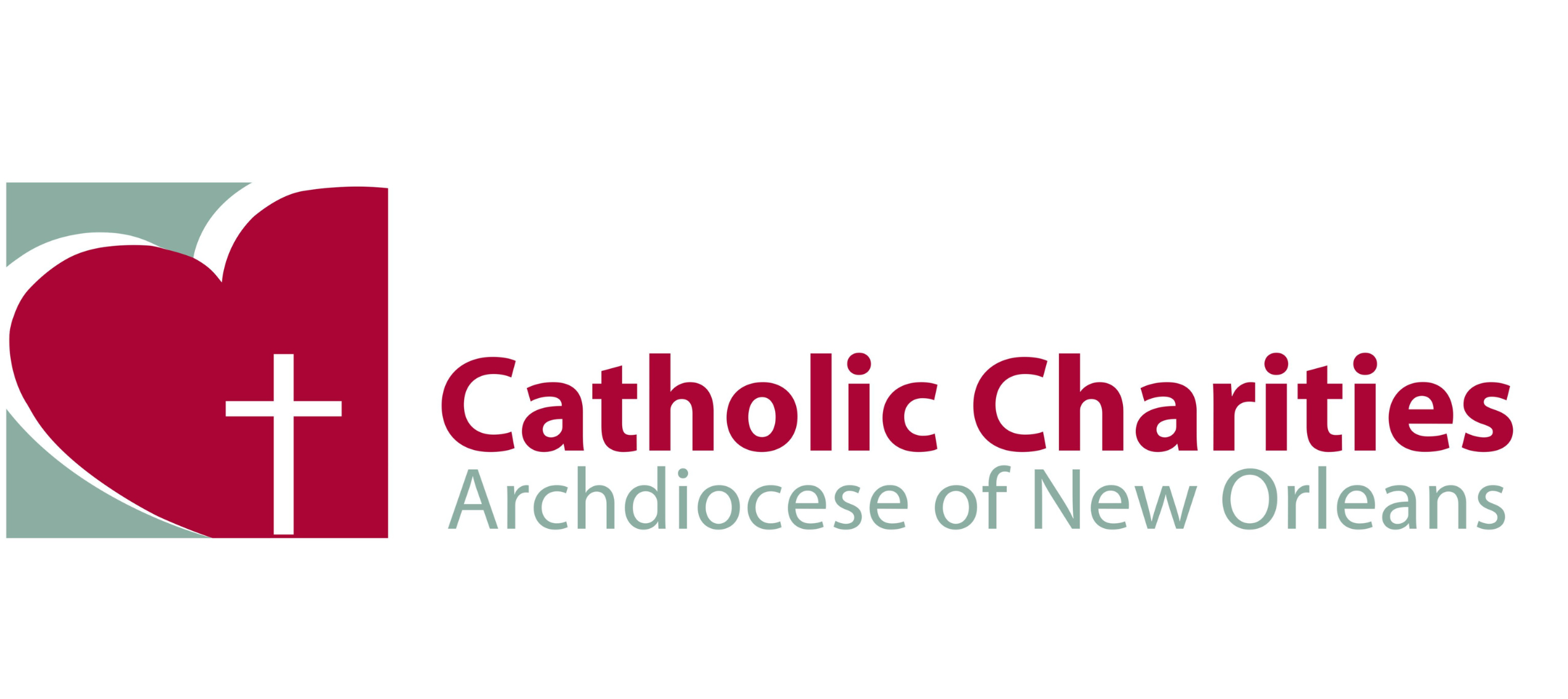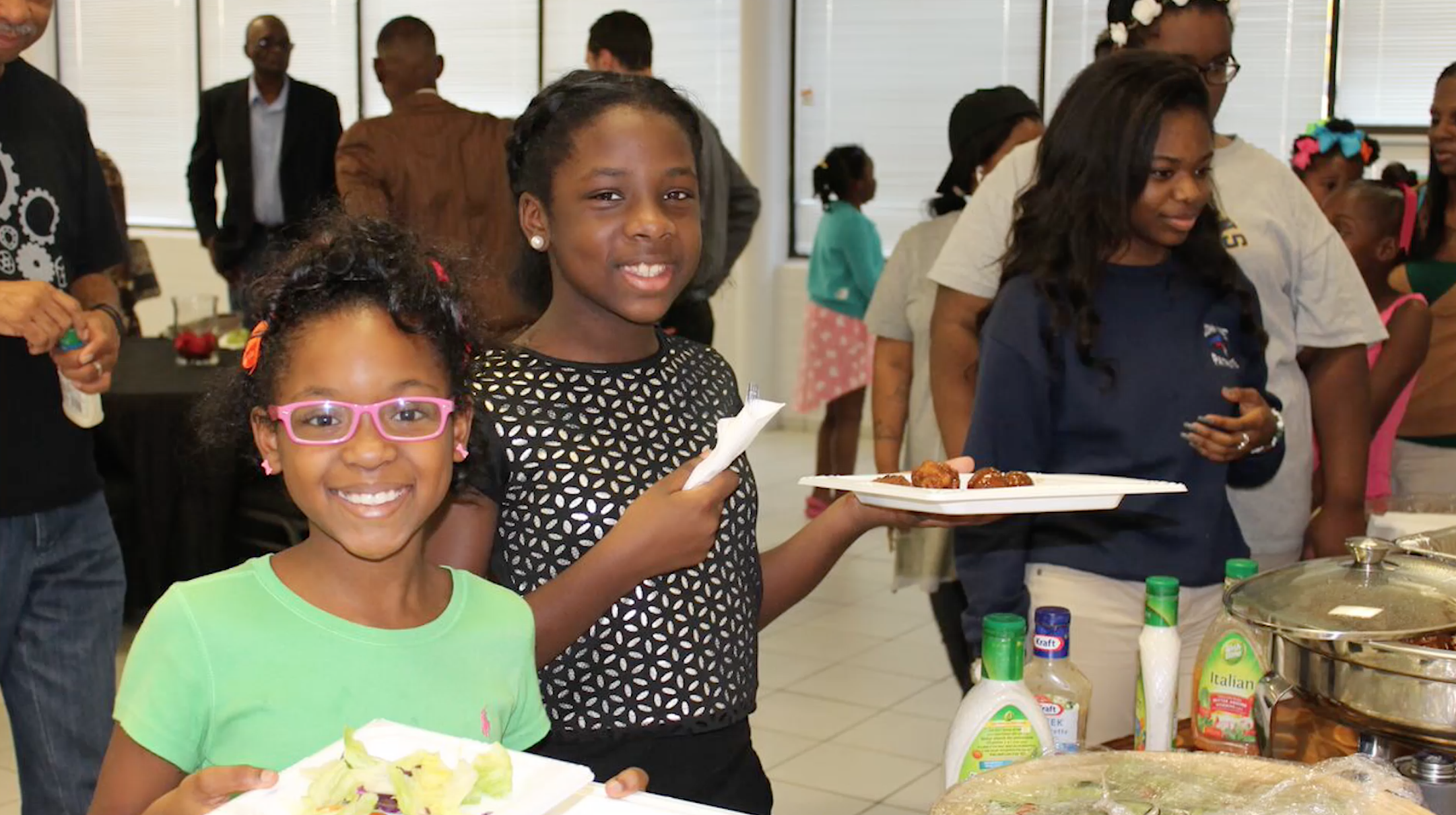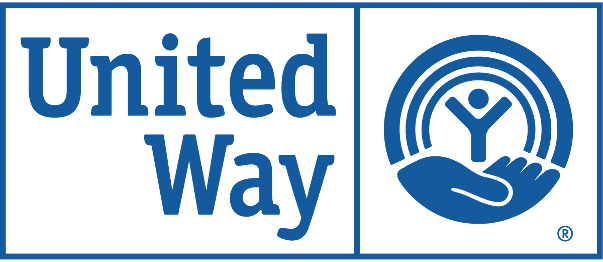Incarceration has a grave and long lasting effect on those who serve time, but often forgotten are children who live with the daily pain of having one or more parents in prison. Today, there are over 2.7 million children in the United States who have an incarcerated parent.
Some children are too young to realize the gravity of the situation, but many youth are pained with seeing and understanding too much. More often than not, children actually witness their parents being arrested, and some unfortunately have seen force used against their parents when the arrest is made.
Clearly, youth who have an incarcerated parent experience traumas, stigmas and stressors that can have long lasting effects on mental health and overall happiness.
One of the largest misconceptions about children with incarcerated parents is that these youth are more likely to be incarcerated than their peers who have not had an incarcerated parent. This false statistic only adds another burden that these children must bear. In actuality, having an imprisoned parent does increase the likelihood of that child living in poverty and experiencing household instability independent of a parent’s incarceration.
Other studies show a connection between having a parent in jail and attention deficit disorders, behavior problems and low self-esteem. Even without these studies, it is easy to understand the stigma that comes from having a parent in prison.
However, with proper intervention and character strengthening, children with incarcerated parents can be as successful as their peers without an incarcerated parent.
Catholic Charities’ Cornerstone Builders has made it a mission to mentor youth in these situations to give them coping mechanisms for the present and a strong foundation of confidence for the future.

The Cornerstone Kids Mentoring Program recruits volunteers for a yearlong period of mentorship and pairs them with at-risk youth. One-on-one meetings and group activities encourage children to open up and talk about their situations, while also receiving support from both their peers and mentors.
Through a dedicated approach, mentors work to instill trust, confidence, enthusiasm, personal growth and positive thinking. The goal is for all participating children to have a set of coping mechanisms and a strong character foundation for the future.
Like all of our programs, volunteers and donors are integral for success. As our Assistant Program Director Leo Jackson says, volunteering “is a calling to serve. It’s a mission.”
While it might not be evident every day, the children in these programs are slowly learning the skills needed to be successful in life and to avoid following in their parents’ footsteps.
In the end, we hope to completely end the cycle of imprisonment and help strengthen a generation of children.






